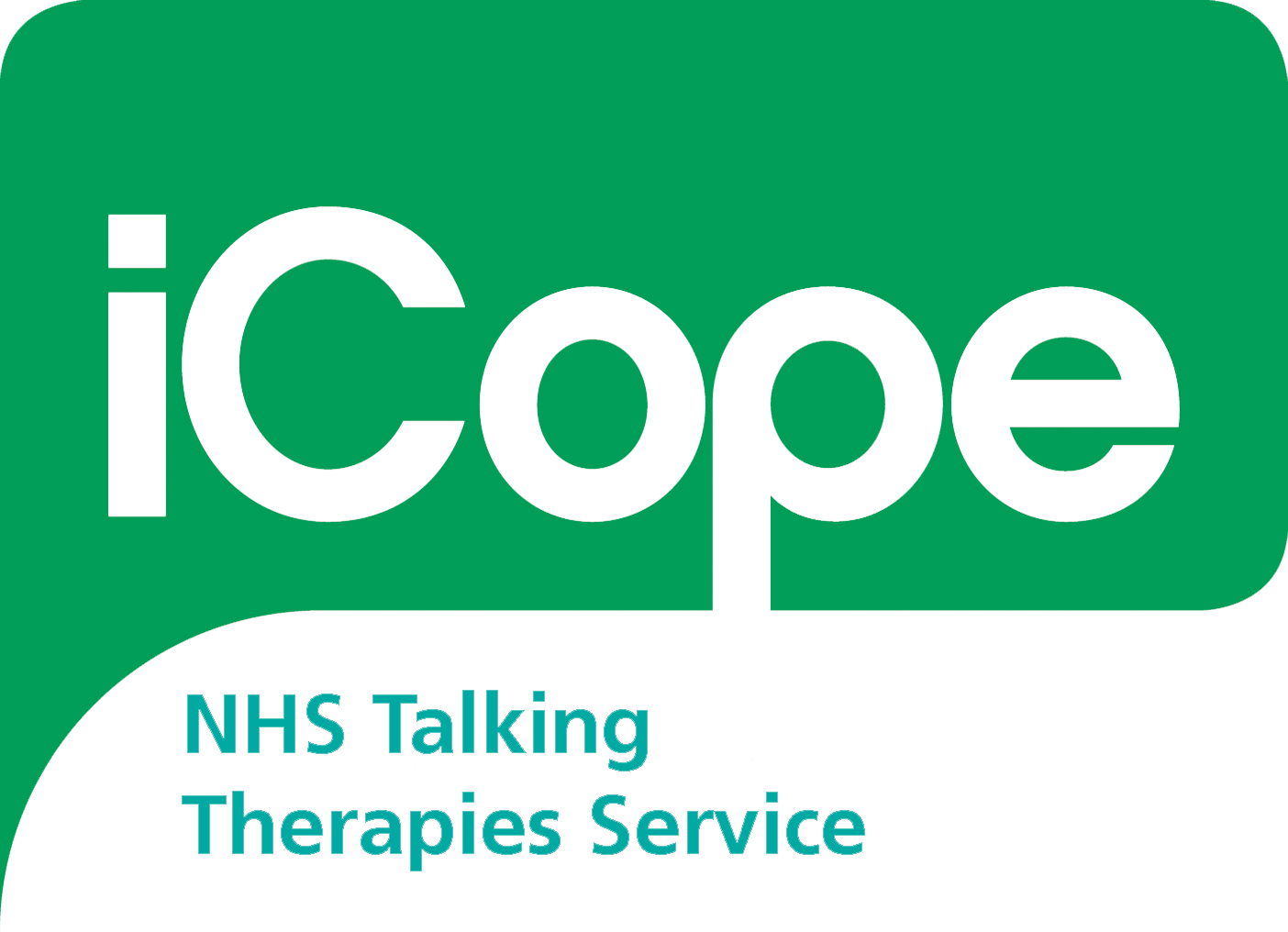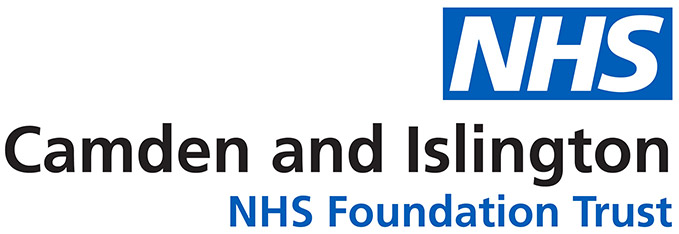Counselling for Depression (CfD) is a short-term, evidence-based treatment recommended by NICE guidelines, for people experiencing mild to moderate depression.
Counselling helps you sort out the current problems that you are facing in your life, such as a loss or a life-change (e.g. bereavement, the loss of a relationship, a home, a job, physical health, sex life, the birth of child, or a child leaving home). This loss may not be recent.
Counselling tends to see depression as primarily an emotional problem, rather than focussing on symptoms. It is not about giving advice or searching for practical solutions. It aims to help you get in touch with the feelings underlying your depression, to express these and make sense of them. It often turns out that these feelings are linked to past experiences and, with your counsellor you can explore the impact of past events on your present day life. You may start to notice patterns of behaviour or thinking that are proving unhelpful and which could be adversely influencing your mood. Counselling helps you to then develop new ways of looking at yourself and the world around you. This work results in an improvement in symptoms.
(Acknowledgement: Information sourced from the Department of Health’s Choosing Talking Therapies booklet ).
If you live in Camden, you can access short-term CfD through iCope or counselling – including longer-term – through our partner organisations, Women and Health, Nafsiyat, Age UK and the Camden, City, Islington and Westminster Bereavement Service. To find out more about these services, click here.
If you live in Islington, we have a small provision of short-term CfD within iCope and we can refer onto counselling organisations in the community for longer-term counselling. We are moving to a partner organisation relationship similar to Camden.
If you would like to be considered for counselling, please contact us.
Please note that the availability of CfD varies according to our staff in post. The service will think carefully with you about your treatment and only suggest therapies where there is a good clinical rationale for selecting one therapy over another that may be far more available.




